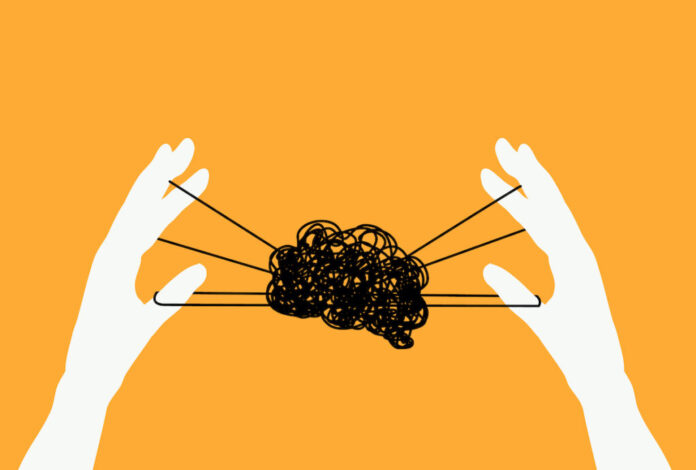
Mental illness is amongst the prominent factors behind people developing drug abuse disorders. Research studies show that nearly half of the patients with a substance abuse disorder also have a co-occurring mental health disorder.
The connection between the two is complex. For most people, the mental health disorder occurs first and leads to substance abuse as a form of self-medication. In other cases, substance abuse causes mental disorders or aggravates existing mental health issues.
Patients seeking help for substance abuse must be screened for other co-occurring health issues. If they are suffering from a co-occurring problem, they must seek treatment from a dual diagnosis treatment center.
Let’s learn more about the connection between addiction and mental health.
1. Depression
Depression is a leading mental health issue worldwide and an equally leading cause of substance abuse. Unfortunately, many people with depression do not know they are depressed and, as such, will not seek treatment. Instead, they turn to drug or alcohol use to numb their depressive state, making matters even worse.
2. Bipolar Disorder
While bipolar disorder is generally considered a depressive disorder, it needs a special mention as it poses a considerable risk of addiction.
People with bipolar disorder are highly likely to develop a substance abuse disorder at a given point. They often have to deal with all the emotional pain that comes with the depressive episodes, along with the high-risk, volatile behavior that comes with manic episodes.
3. Anxiety Disorder
Anxiety disorder has become a highly prevalent condition since the condition comprises several issues: social anxiety phobias, panic disorder, obsessive-compulsive disorder, and post-traumatic disorder. All of the mentioned disorders will increase the risk of addiction to different levels.
4. Post Traumatic Stress Disorder (PTSD)
While PTSD is technically an anxiety disorder, it also requires a notable mention as it significantly increases the risk of addiction. Symptoms of PTSD include flashbacks of a traumatic event, nightmares, negativity and pessimism, irritability, and trouble sleeping.
Coping with such symptoms is not easy, and people with PTSD often turn to alcohol or drugs. PTSD tends to affect treatment as the patients may experience intense cravings causing relapses
5. Attention Deficit Hyperactivity Disorder (ADHD)
Attention-deficit/hyperactivity disorder/ ADHD is characterized by restlessness, racing thoughts, and impulsive behavior.
People with ADHD have a more significant challenge of requiring relief from their symptoms and generally being more prone to high-risk behaviors, like substance abuse. Many people with ADHD use drugs to help them cope with ADHD symptoms such as racing thoughts, low moods, and insomnia.
The good news is that the availability of ADHD medication makes it a lot easier to handle addiction.
Visit a Dual Diagnosis Treatment Center
Visiting a dual diagnosis treatment center will help you identify if there is an underlying issue that may be triggering your drug use. The medical team at your preferred treatment center will help treat both conditions, making it easier for you to rebuild your life.








